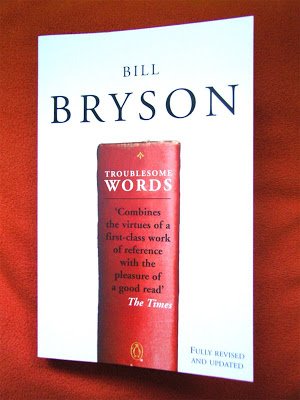czgibson
Account Disabled
- Messages
- 3,234
- Reaction score
- 481
- Gender
- Male
- Religion
- Atheism
Greetings,
Exactly!
Your example is grammatically perfect, but, on the other hand, it's very 19th century, isn't it?
[It needs a question mark, too...]
Peace
Thanks brother. So for example I say the letter is for whom. I understand now,thanks one again.
Exactly!
Your example is grammatically perfect, but, on the other hand, it's very 19th century, isn't it?
[It needs a question mark, too...]
Peace

